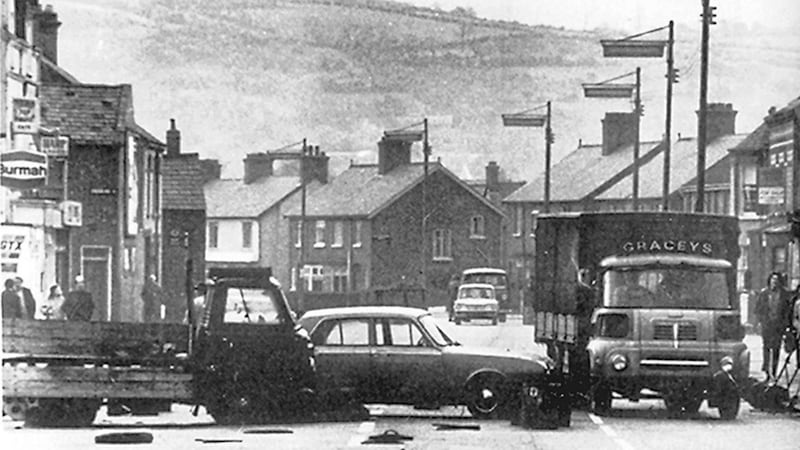EXCLUSIVE
TRUST chiefs are pushing for a 'critical incident' to be declared for the first time in the Northern Ireland health service as staff shortages reach crisis levels.
Sources have told The Irish News that briefings are taking place about the scale of the problems facing the frontline over the next six weeks, with emergency measures drawn up to maintain vital services.
Chief executives from the north's five health trusts met last Wednesday and are believed to have discussed escalating their concerns in writing to the Department of Health - with the need to call a regional 'critical incident' on a co-ordinated basis.
While theatre lists were unaffected in the Belfast trust on Friday, sources say senior management teams have been informed about contingency proposals to stand down certain services, including surgery. Further redeployment of staff to protect life-saving care may also be required.
'Critical incidents' were declared in 24 health trusts in England last week where care was "compromised" due to Covid-related staff absence.
Unprecedented levels of leave linked to the virus and other illnesses are also being experienced across the north's health service, with a quarter of ambulance workers absent last week.
A leaked memo has revealed the Belfast trust had almost 1,300 employees off work due to Covid alone last Friday morning.
The internal management email also showed there were more than 130 coronavirus patients in Belfast hospitals - with 41 awaiting results in the Royal Victoria Hospital.
One frontline source said staff were "at the end of their rope" and fear what the coming weeks will bring when Omicron cases are expected to peak.
"The projections about community transmission is that it will peak around January 17th to 19th and hospitals around 10 days after that," he said.
"That means there's one more full doubling period between now and then. For the Belfast trust, which is sitting at just under 1,300 off, it could be faced with 2,500 staff missing as Covid patients go up.
"In the first surge they used the private sector and had hotels as 'step down' wards for people recovering from Covid. But that's not there now so trusts will need to find step-downs on site.
"There's also a batch of people already in hospital with broken hips or broken legs but they also have Covid. So what they are doing is ‘cohorting’ - and trying to get a ward in the Royal that's a covid surgical ward. It’s for people needing operations but who also have Covid."
The source added there were mounting concerns about compulsory redeployment.
"Up to now deployments have been voluntary, The problem is management have redeployed people so often, they’ve lost a lot of good will among their own staff who are exhausted. People are at the end of their rope.
"First time round, people were willing but by the third time they got a much poorer return. ?Many staff who were told they were going somewhere for six weeks ended up there for six months.
"The feeling is they need to declare a critical incident or an emergency. For a trust, it gives them more freedom for emergency planning and the workforce."
A spokesman for Belfast Trust said: "Belfast Trust's Chief Executive has discussed the ongoing pressures in the system. The data tells us the next few weeks will be the most challenging yet and in anticipation of a surge she has been and continues to discuss how best to manage services and the increased demand to prevent having to call a critical incident and to ensure services provided are as safe as possible. This includes working within a business continuity plan and scaling back some services to protect essential services should pressures and absences continue to rise."
A spokesman for the Department of Health said they had not yet received a request from the trusts in relation to a critical incident declaration.
He added however: "The department and Health and Social Care Board continue to work closely with trust colleagues on current pressures and on planning for what will inevitably be a very challenging period in the coming weeks."




